Chinese tech companies seek to increase investment, boost computing power, gather more high-quality data
Competition is heating up the fast-developing field of generative artificial intelligence, a cutting-edge disruptive technology that is expected to be increasingly applied to a wider range of sectors and spearhead a new round of industrial transformation and upgrade, domain experts said.
Chinese technology companies, they said, should step up investment in improving computing power and algorithms and accumulate more high-quality training data, so as to gain an edge in the global AI race and narrow the gap with the United States in the latest tech frontier.
Generative AI refers to computer algorithms trained with huge amounts of data capable of generating content such as images, text, audio and video in a human-like fashion. It is the key technology underpinning US-based research firm OpenAI's ChatGPT.
The recent launch of GPT-4o, the latest large language model or LLM developed by OpenAI, has caused a global sensation. The new flagship generative AI model surpasses the company's existing models in visual and audio understanding, making the interaction between humans and machines much more natural and easier.
LLMs are AI models fed with huge amounts of text data for use in a variety of tasks, ranging from natural language processing to machine translation.
Industry insiders said the multimodal LLMs, which possess the abilities to process and generate content across multiple modalities, including text, images, audio and video, will lead the way for the further development of the generative AI industry, with significant potential for application in various industries like finance, retail, healthcare and intelligent manufacturing.
According to a report from global consultancy McKinsey & Co, generative AI will add between $2.6 trillion and $4.4 trillion in annual value to the global economy, enhancing all sectors of industry. Banking, high technology and life sciences are among the industries that could see the biggest impact from generative AI.
Major Chinese tech heavyweights, including Alibaba Group Holding Ltd, Baidu Inc, iFlytek and Tencent Holdings Ltd, are scrambling to roll out their own AI-powered LLMs and bolster the commercial use of generative AI technology.
In May, Alibaba Cloud, the cloud computing arm of Alibaba Group, unveiled Tongyi Qianwen 2.5, the latest version of its LLM, saying its capabilities have surpassed those of OpenAI's GPT-4 Turbo model, the predecessor of GPT-4o.
The Tongyi Qianwen 2.5 achieved a full upgrade with improved performance in reasoning, code comprehension and textual understanding compared with the previous version, the company said.
In the context of Chinese language, the new model has caught up with the GPT-4 model in terms of text understanding and generation, knowledge quiz, dialogues and life advice, said Zhou Jingren, chief technology officer of Alibaba Cloud.
Alibaba's LLMs have been deployed by over 90,000 enterprise users in industries like consumer electronics, automobiles, education, healthcare, culture, tourism and gaming.
"We look forward to collaborating with our customers and developers in seizing the immense growth opportunities presented by the latest surge in generative artificial intelligence technology," Zhou said, adding Alibaba Cloud will continue to contribute a diverse array of AI models to the open-source communities.
Official data showed that the Chinese self-developed LLMs rank second in the world, and over 100 LLMs with more than 1 billion parameters each have been launched in China.
Baidu said in April its LLM and ChatGPT-like chatbot Ernie Bot had garnered more than 200 million users since its debut in March 2023, while more than 85,000 enterprise clients had used Baidu's enterprise-level LLM platform Qianfan to create 190,000 AI applications.
Robin Li, co-founder, chairman and CEO of Baidu, said the multimodal LLMs are key to the future development of AI technology, and this approach has been largely regarded as essential for realizing artificial general intelligence or AGI, which is a theoretical AI system with capabilities that rival those of a human.
He emphasized the biggest difference between China and some Western countries in terms of AI lies in applications, which are driving the rapid development of the AI industry in China.








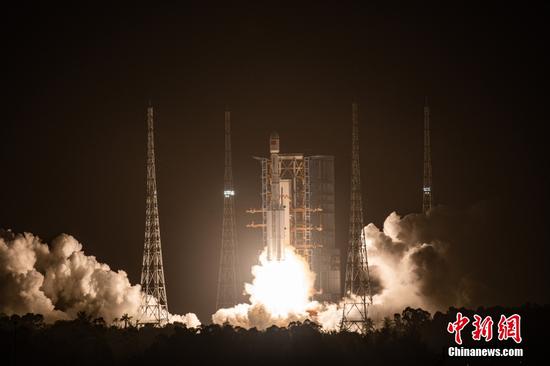

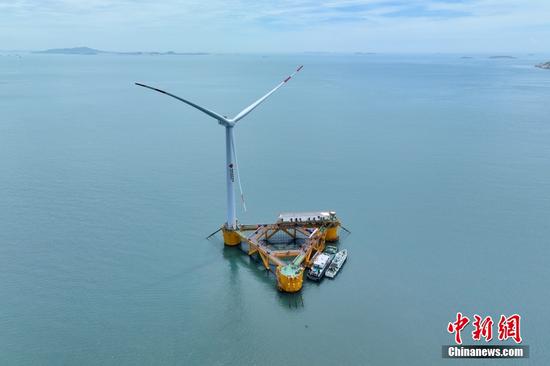
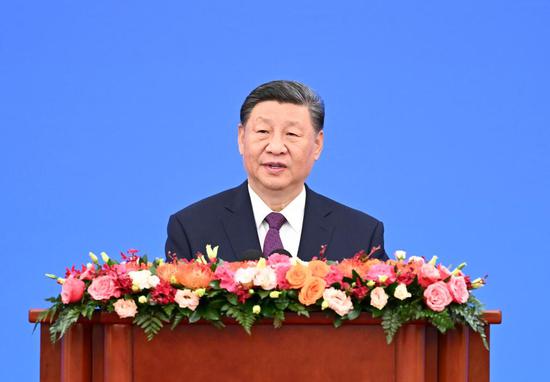











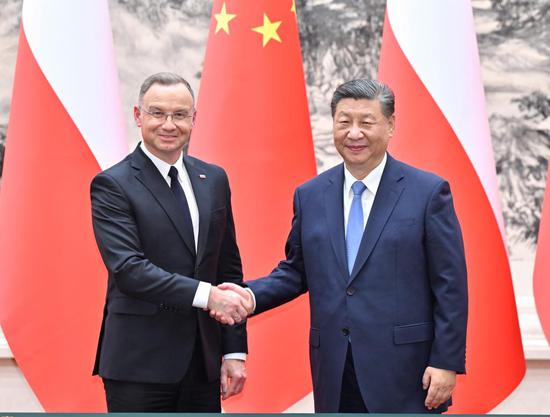






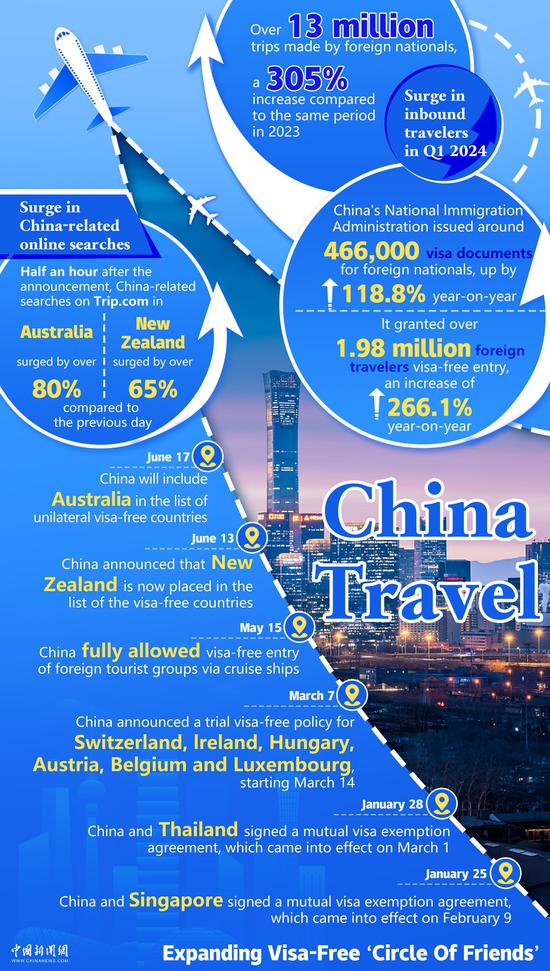






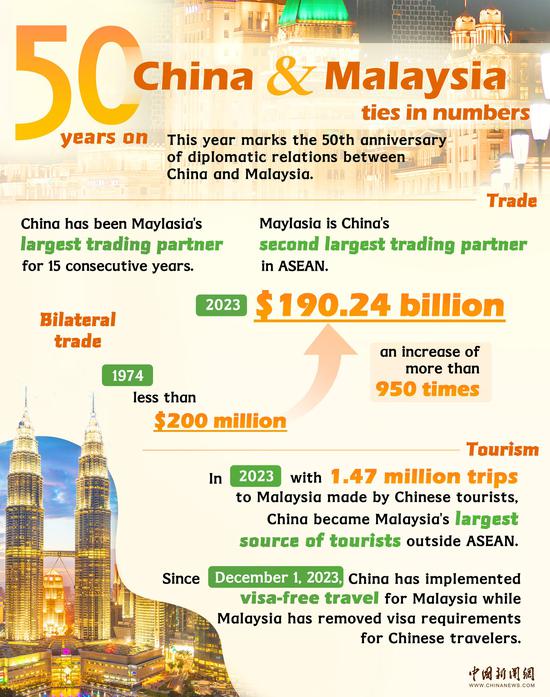




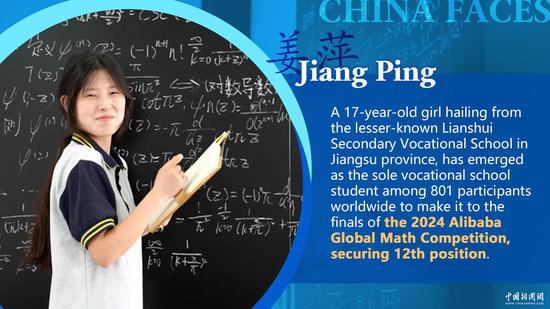
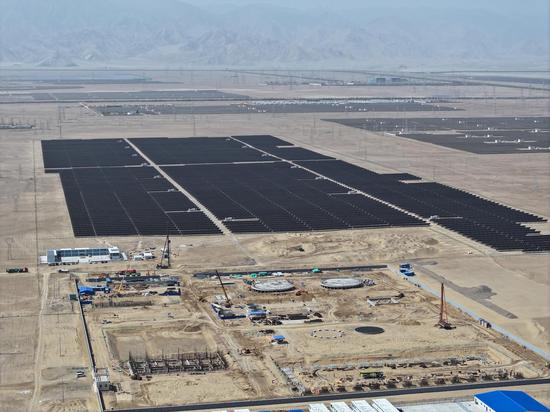


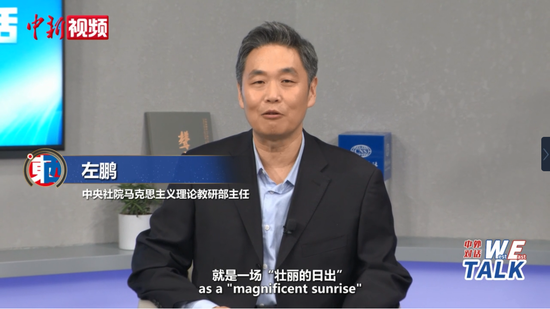



 京公網安備 11010202009201號
京公網安備 11010202009201號